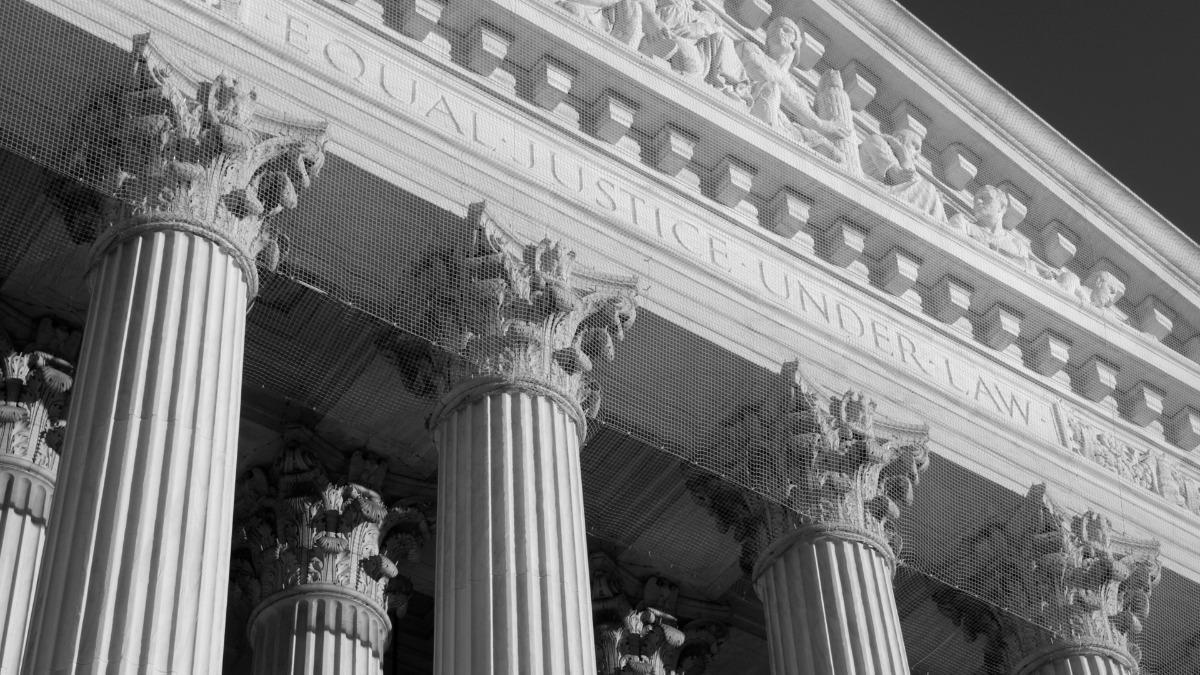
Supreme Court Lowers the Bar for Religious Accommodations Under Title VII
- posted: Aug. 22, 2023
- Employee Rights
The U.S. Supreme Court recently ruled that “employers may not demonstrate that a proposed accommodation of an employee’s sincerely held religious belief or practice constitutes an undue hardship under Title VII of the Civil Rights Act solely because doing so would pose ‘more than a de minimis cost.’” In short, employees have expanded rights to religious accommodation, and employers who deny the accommodation have a higher bar to clear.
Case background
Groff v. DeJoy involved a former U.S. Postal Service employee who requested not to work on Sundays, the Sabbath. The 3rd U.S. Circuit Court of Appeals applied Supreme Court precedent from 1977’s Trans World Airlines, Inc. v. Hardison, and ruled that this accommodation would have been too disruptive and imposed upon coworkers.
The Supreme Court reversed. Justice Alito wrote that applying a “more than a de minimis cost” standard was wrong. Instead, they understand “undue hardship” to mean “when a burden is substantial in the overall context of an employer’s business.”
To determine whether a burden is “substantial,” courts need to consider whether a religious accommodation would create an undue hardship compared to the type of employment, the business size and its operating costs.
Practical considerations
Because employers have a higher bar to clear when denying religious accommodations, it’s prudent for leadership and management to review their accommodation policies. While Justice Alito anticipates that the Equal Employment Opportunity Commission’s Title VII guidance “will, in all likelihood, be unaffected by [the decision],” there may be areas that need to change.
Employees who experience religious discrimination at work post-Groff may be eligible to file a whistleblower complaint against the company. For more information, contact a trusted whistleblower attorney at Kardell Law Group.

